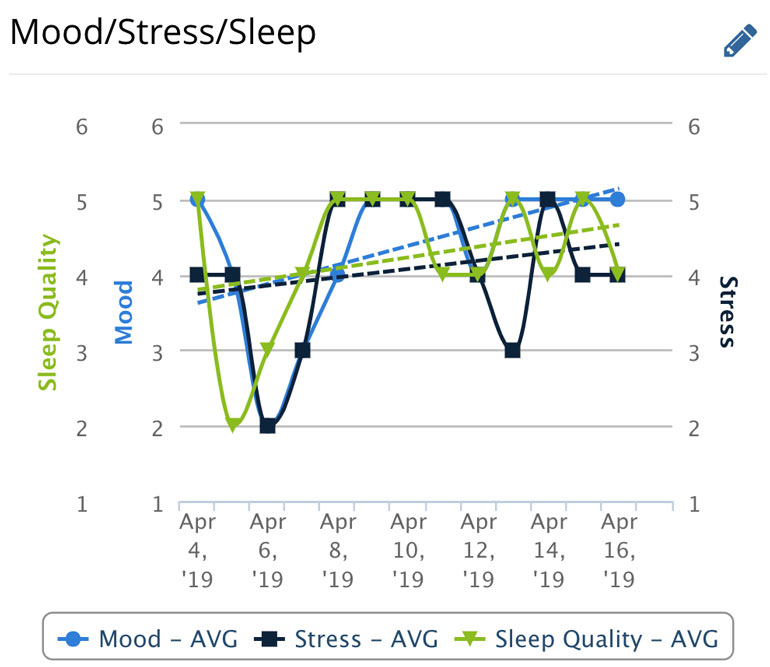The Power Of Sleep
Sleep is an essential component of athletic performance, often overlooked in favor of more tangible aspects like training and nutrition. However, adequate sleep is crucial for recovery, muscle repair, cognitive function, and overall health. Athletes who prioritize sleep can see significant improvements in their performance and well-being. In this blog, we’ll explore the importance of sleep for athletes and discuss strategies for optimizing sleep, with insights on how the CoachMePlus app can support these efforts.

The Role of Sleep in Athletic Performance
- Physical Recovery and Muscle Repair: During sleep, the body undergoes various processes essential for physical recovery. Growth hormones, which play a critical role in muscle repair and growth, are primarily released during deep sleep. This helps athletes recover from intense training sessions and build stronger muscles.
- Cognitive Function and Decision Making: Sleep is vital for cognitive functions such as focus, reaction time, and decision-making. Athletes need sharp mental faculties to perform well, whether it’s strategizing during a game or reacting quickly to opponents. Lack of sleep can impair these abilities, leading to decreased performance.
- Immune Function: Adequate sleep strengthens the immune system, reducing the risk of illness and injury. Athletes with strong immune systems can maintain consistent training schedules and avoid setbacks caused by sickness.
- Hormonal Balance: Sleep helps regulate hormones that affect hunger and stress, such as cortisol and ghrelin. Proper sleep can prevent excessive fatigue and overeating, both of which can negatively impact athletic performance.
Establish a Consistent Sleep Schedule
-
- Regular Bedtime and Wake Time: Going to bed and waking up at the same time every day helps regulate the body’s internal clock. This consistency can improve sleep quality and duration.
- Pre-Sleep Routine: Develop a relaxing pre-sleep routine to signal your body that it’s time to wind down. This can include activities such as reading, meditation, or gentle stretching.
Manage Nutrition and Hydration
- Avoid Heavy Meals Before Bed: Eating large or spicy meals close to bedtime can disrupt sleep. Aim to have your last meal at least 2-3 hours before bed.
- Limit Caffeine and Alcohol: Both caffeine and alcohol can interfere with sleep patterns. Avoid consuming these substances in the hours leading up to bedtime.

Integrating Sleep with Training with CoachMePlus
- Correlation with Performance Data: CoachMePlus can correlate sleep data with training and performance metrics, providing insights into how sleep affects your athletic performance.
- Comprehensive Recovery Monitoring: Track all aspects of recovery, including sleep, to ensure optimal performance and health. Integrate essential devices and wearables directly into your installation to keep your data in one place.

Recent Comments